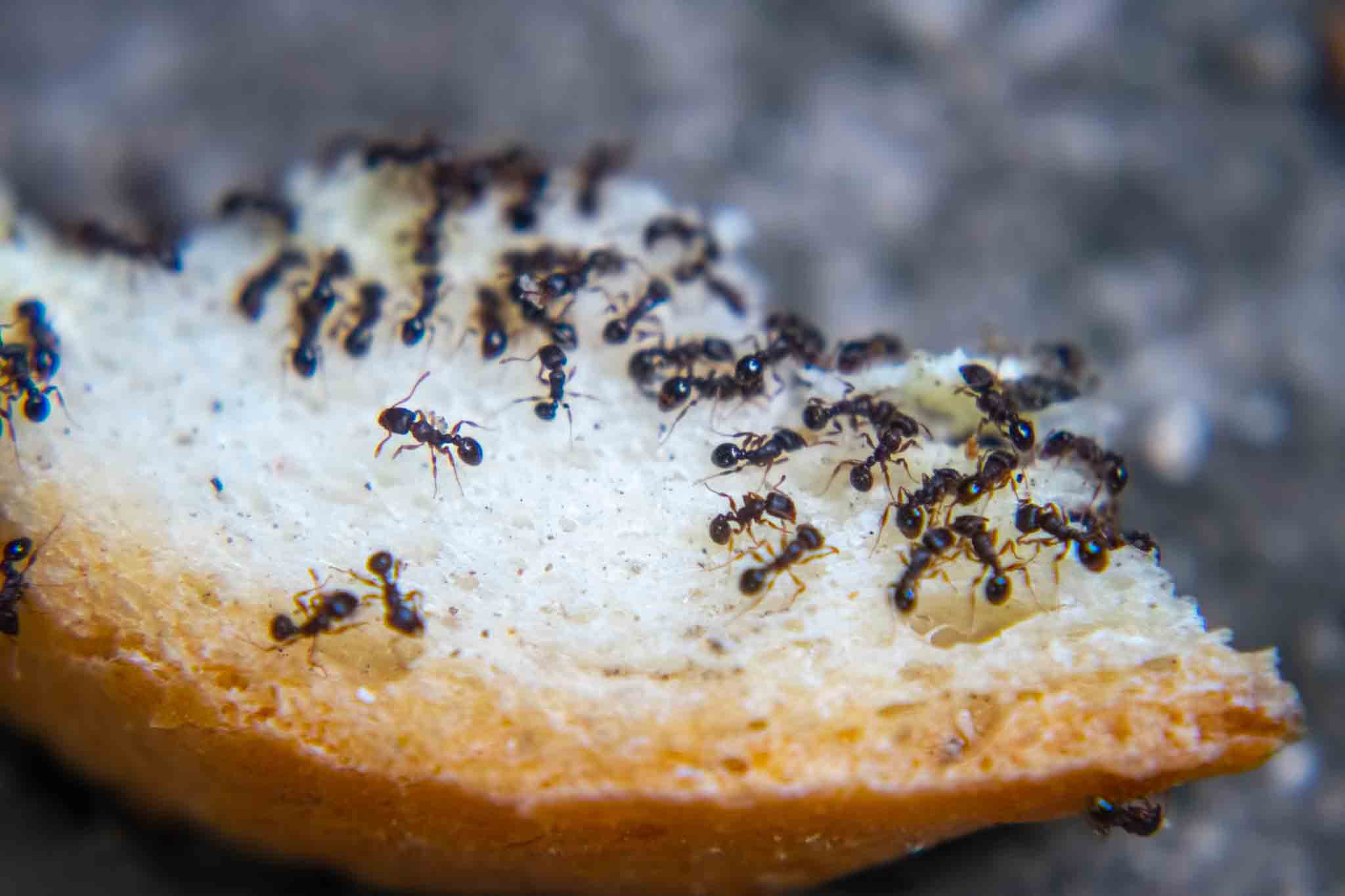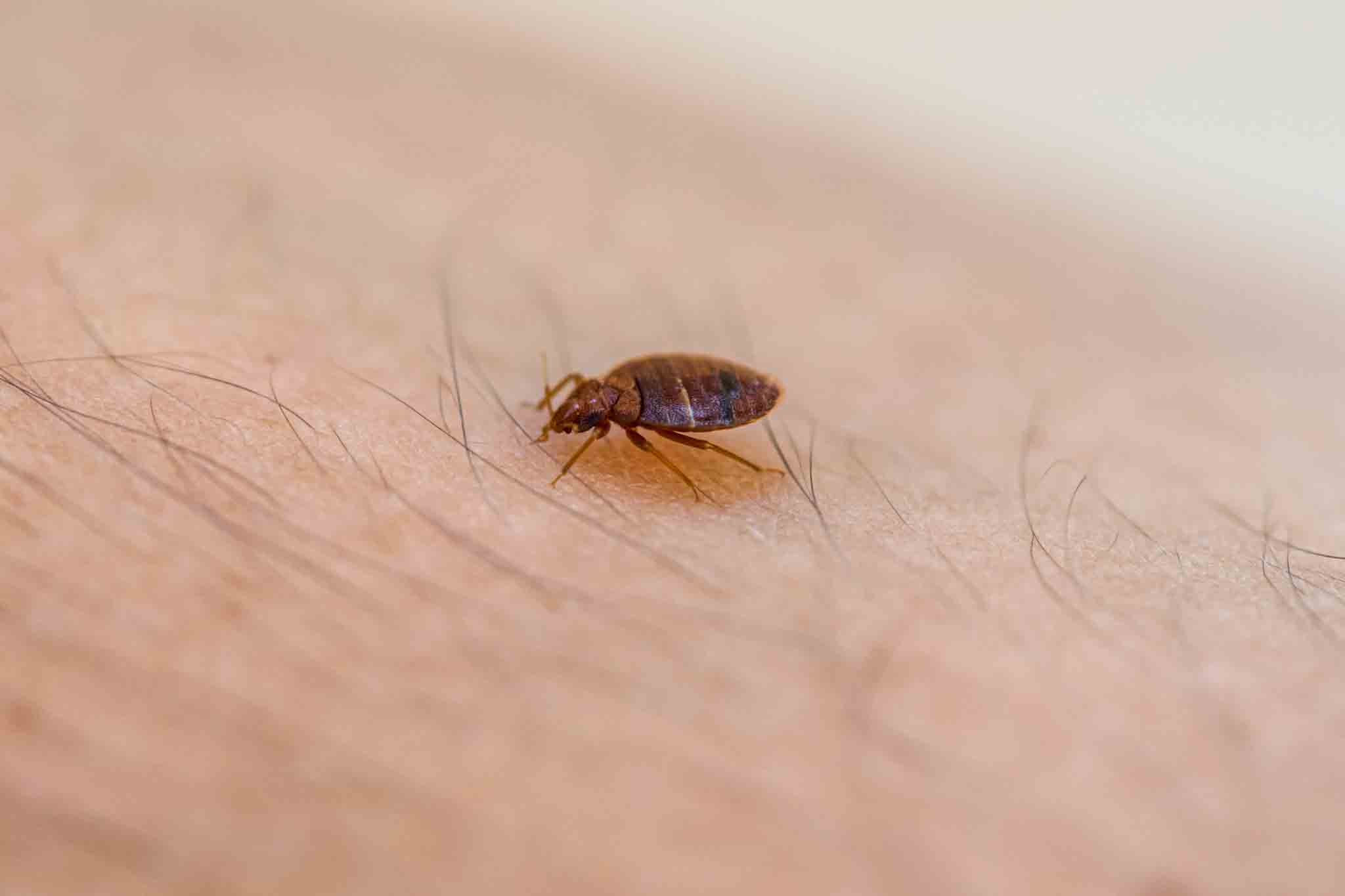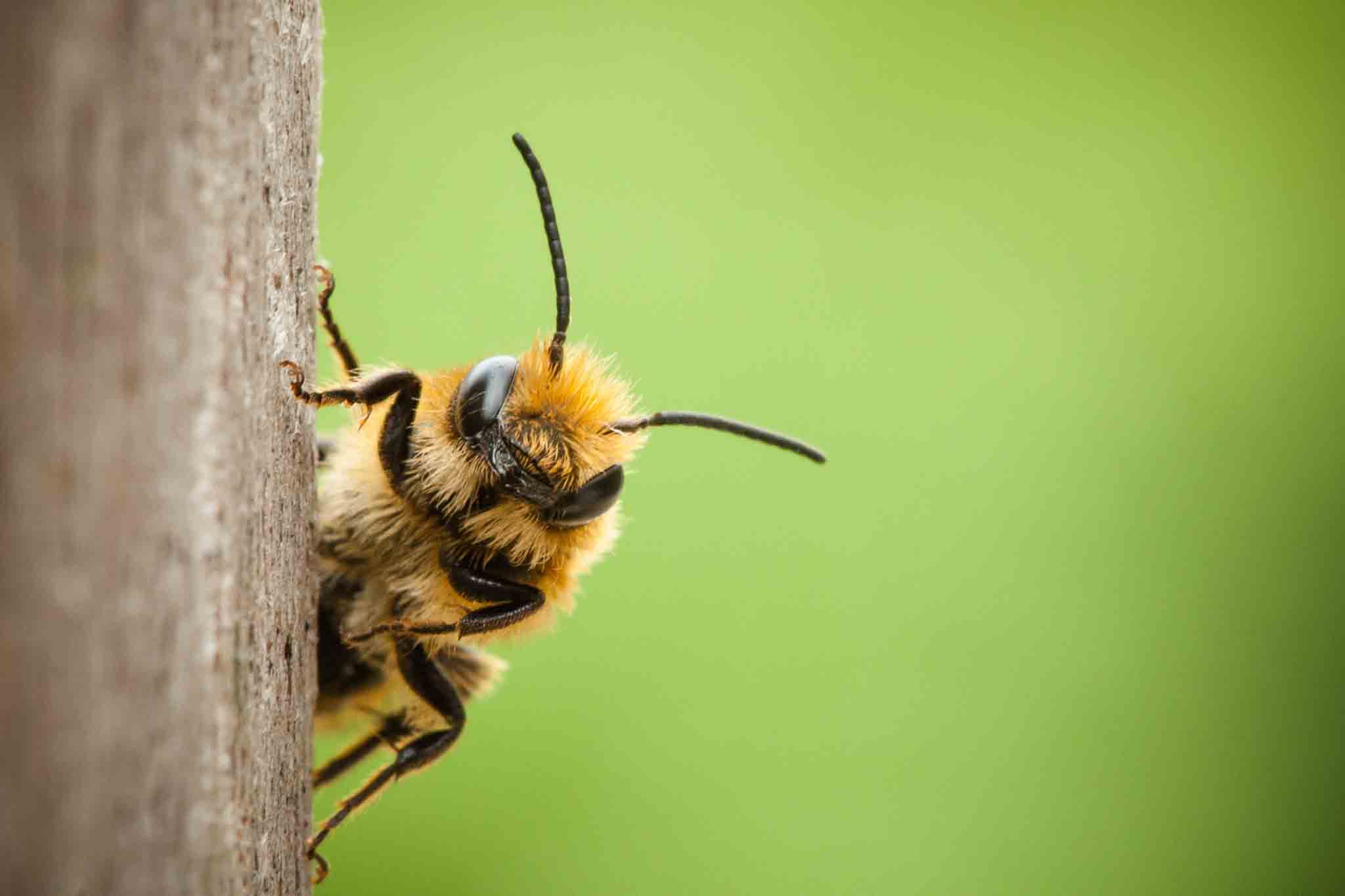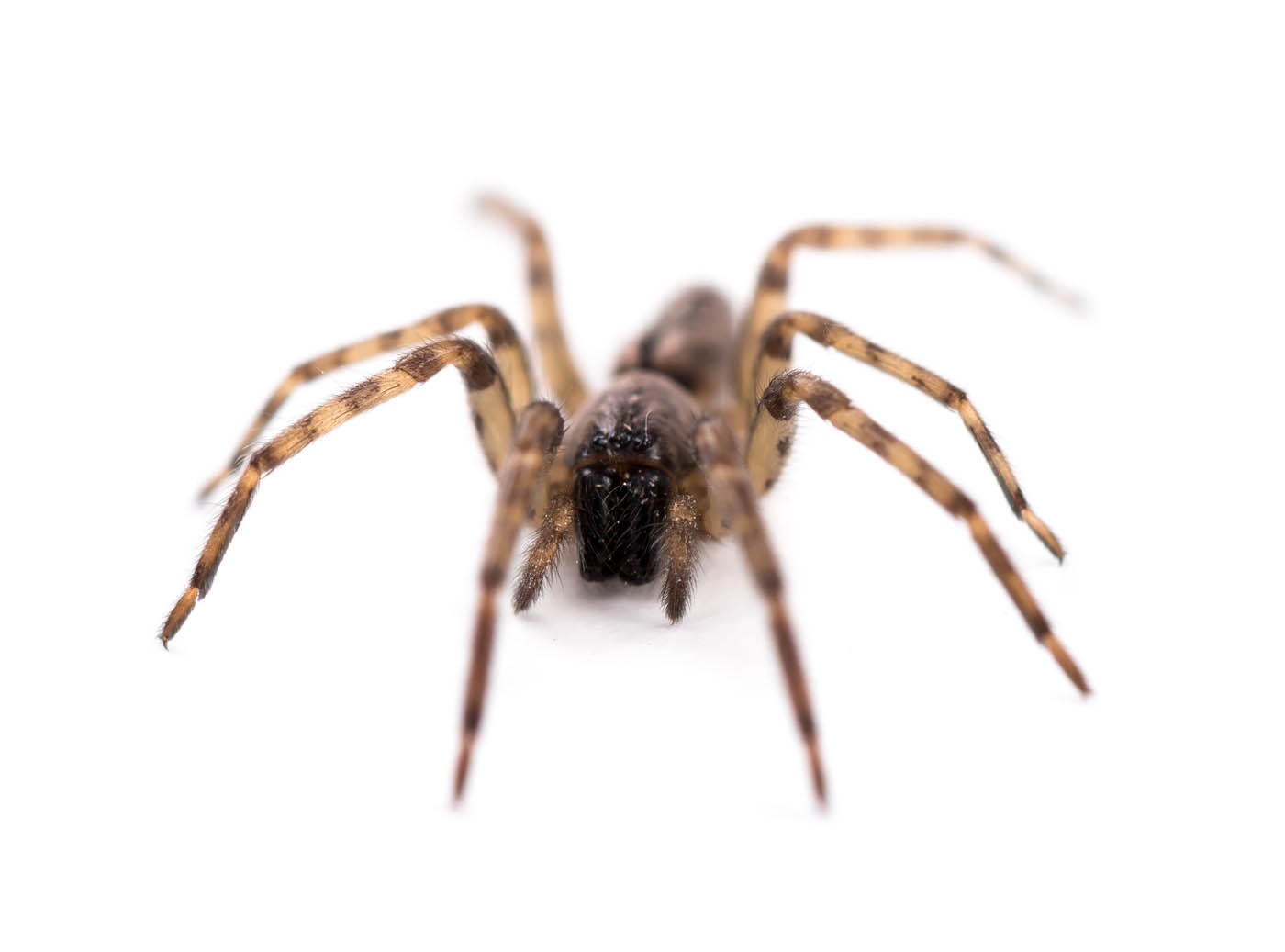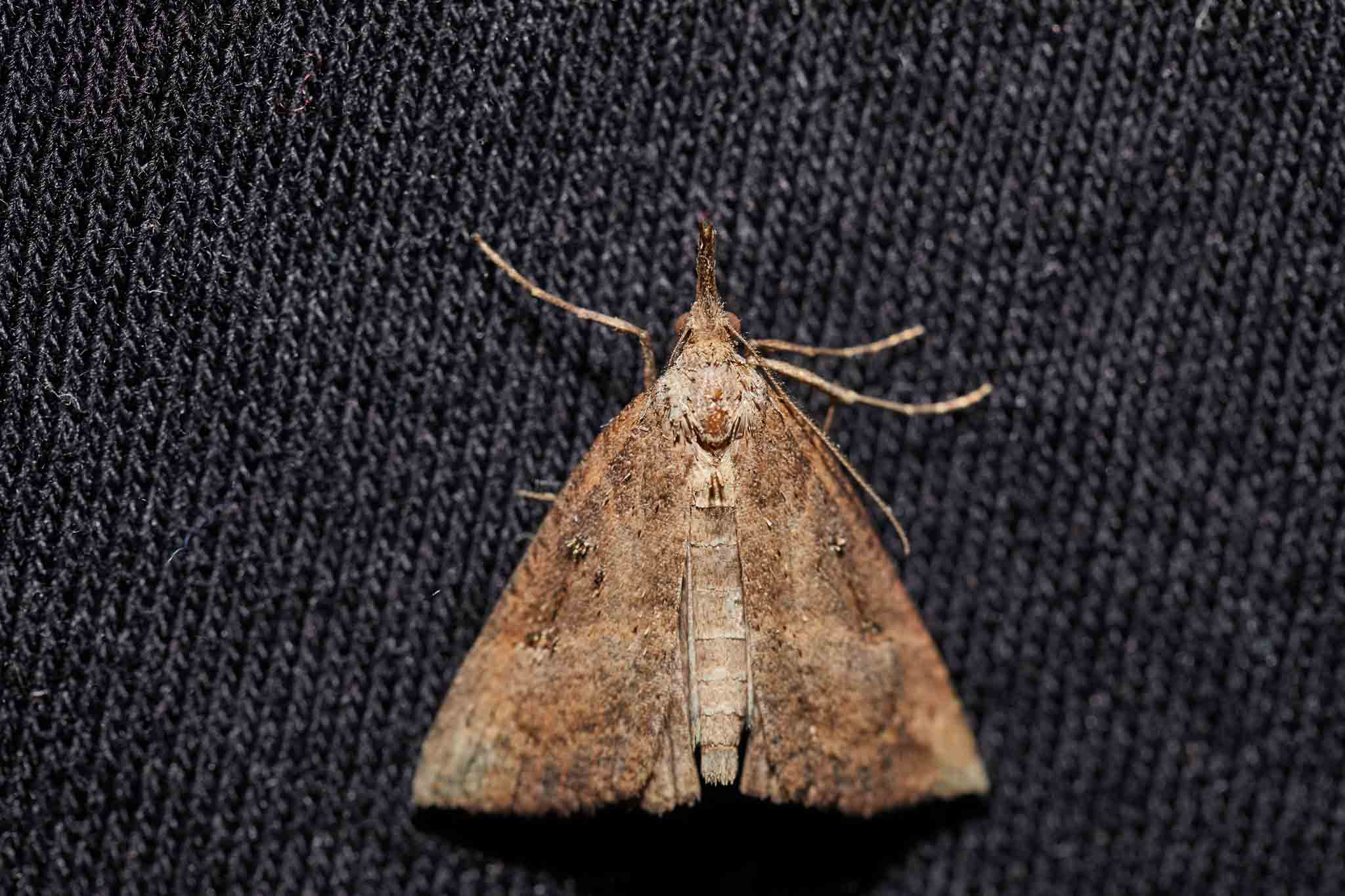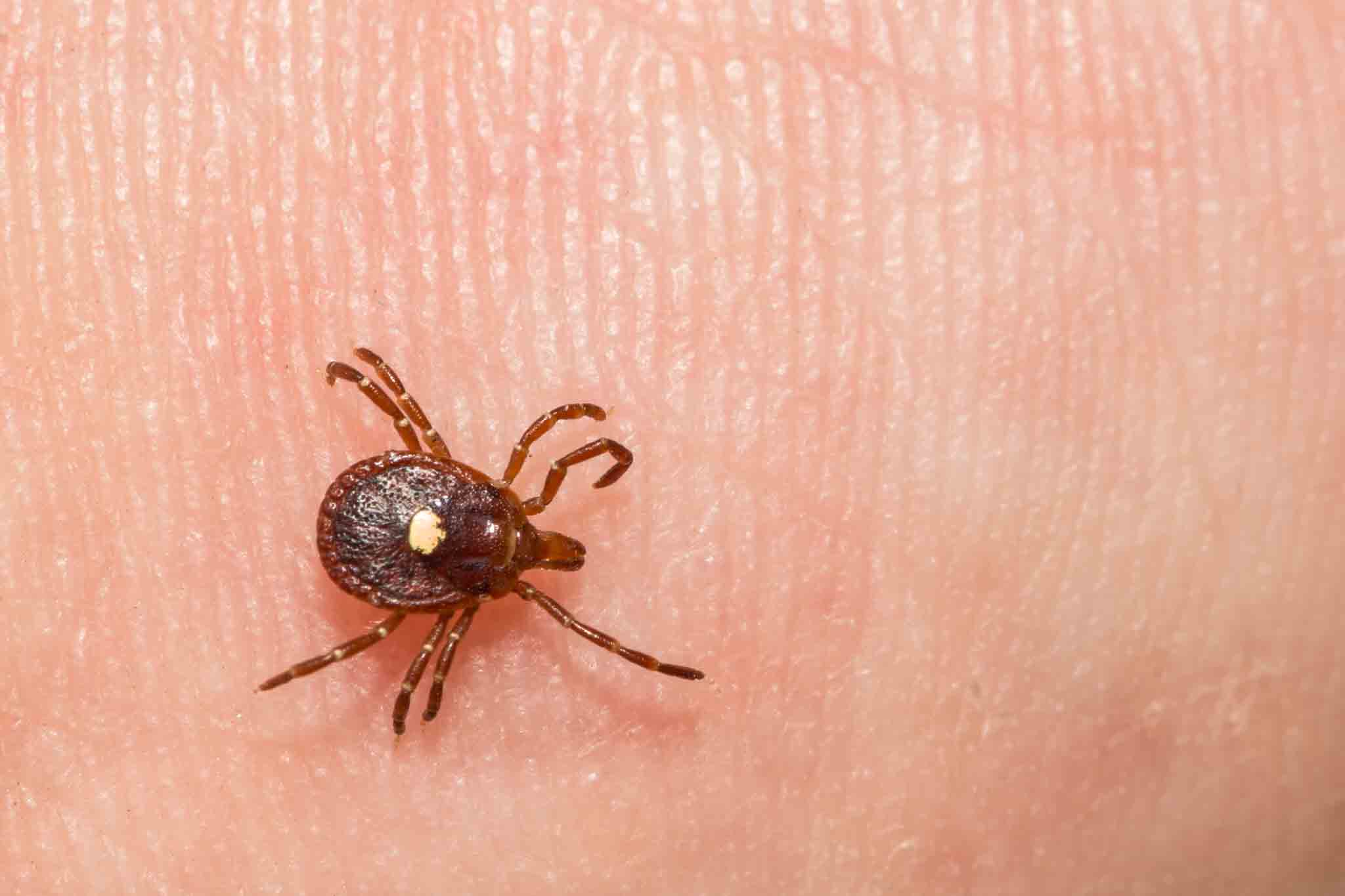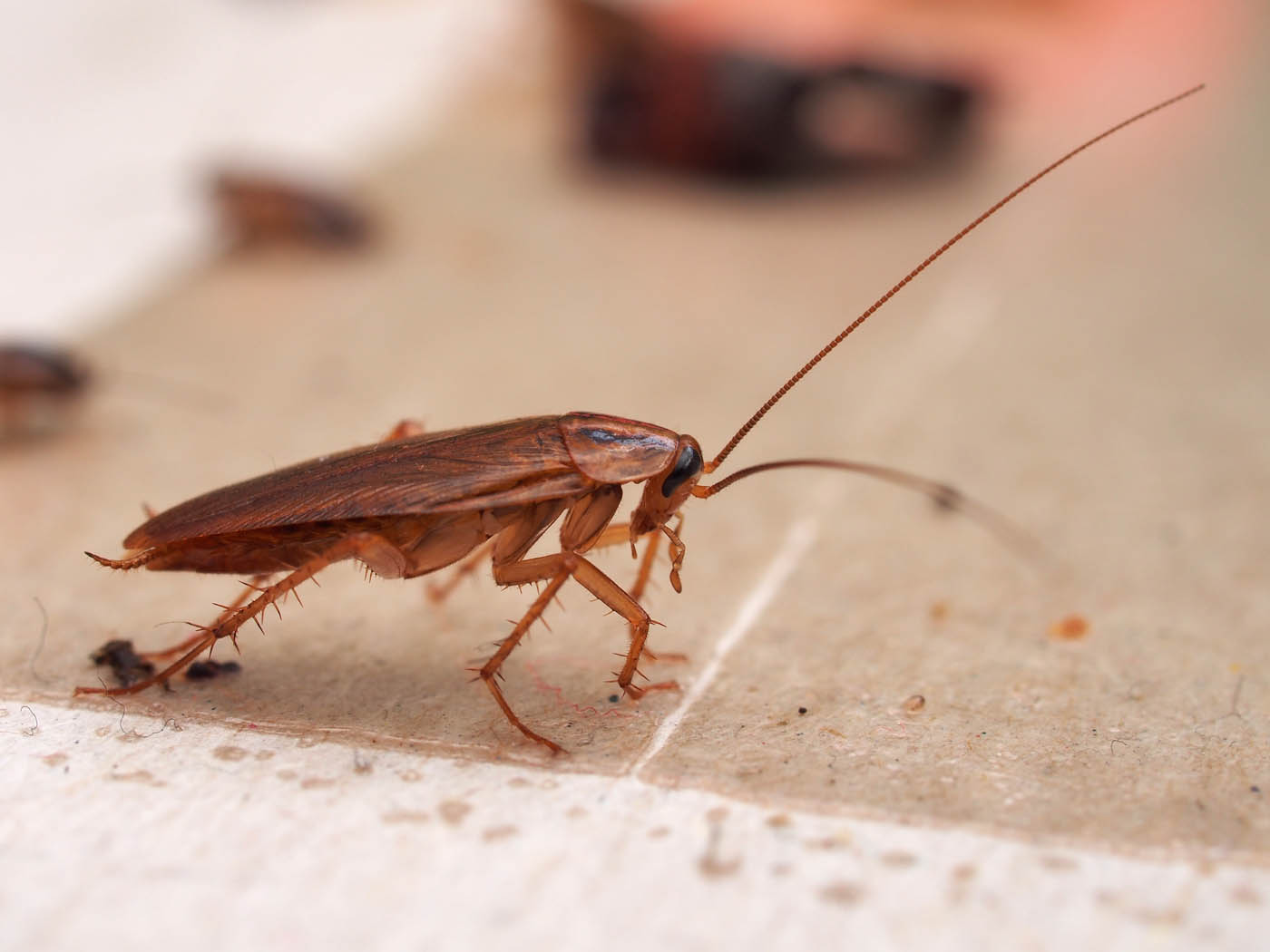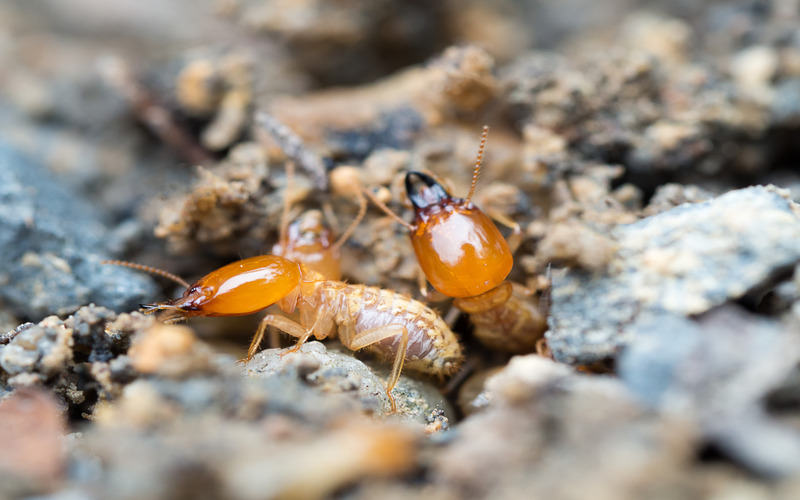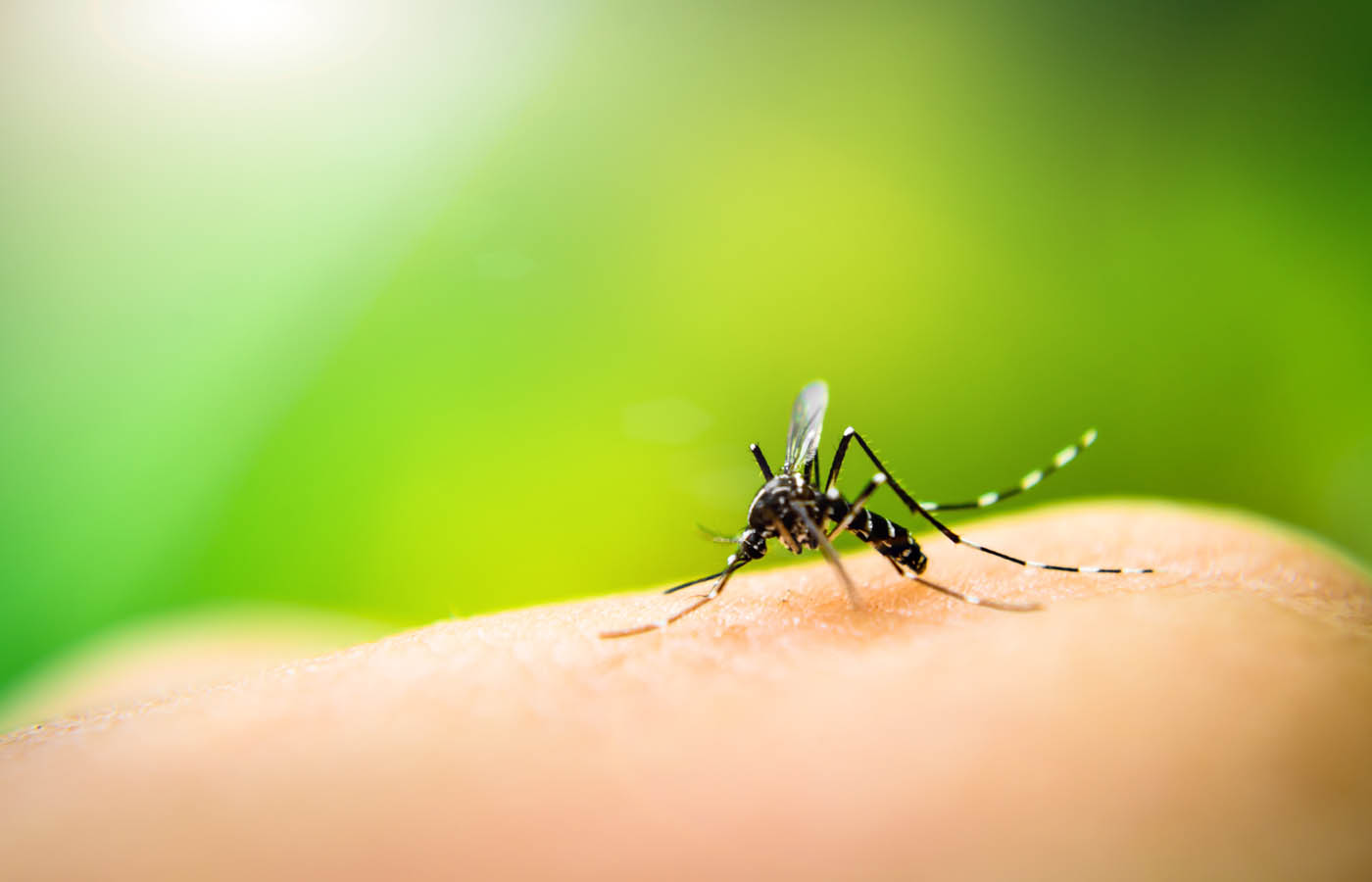Back To Blog
Pest Control Checklist Homeowners Should Do Feb. 12th 2013
Pest Control Checklist All Homeowners Should Do Even if your home is new, pest-proofing is worth your attention�inspectors make mistakes (and sometimes pest prevention is the last thing on their minds). Plus, you never know what the previous occupants may have left behind.

Pest Control Checklist All Homeowners Should Do
Even if your home is new, pest-proofing is worth your attention�inspectors make mistakes (and sometimes pest prevention is the last thing on their minds). Plus, you never know what the previous occupants may have left behind.
 Congratulations! You just bought your very first house. You already have a lot to think about, like interior decorating, furniture, landscaping, utilities, and possibly remodeling. We hate to do this to you, but there's one more thing you may want to add to your list: pest prevention for your home. This goes double if your home is older, or hasn't been lived in for a while.
Even if your home is new, pest-proofing is worth your attention�inspectors make mistakes (and sometimes pest prevention is the last thing on their minds). Plus, you never know what the previous occupants may have left behind.
Congratulations! You just bought your very first house. You already have a lot to think about, like interior decorating, furniture, landscaping, utilities, and possibly remodeling. We hate to do this to you, but there's one more thing you may want to add to your list: pest prevention for your home. This goes double if your home is older, or hasn't been lived in for a while.
Even if your home is new, pest-proofing is worth your attention�inspectors make mistakes (and sometimes pest prevention is the last thing on their minds). Plus, you never know what the previous occupants may have left behind.
Pest Prevention Tips for New Homeowners
- If you have mulch near your house, keep it away from your foundation. Basements tend to be damp and dark�in other words, perfect breeding grounds for pests. If there's mulch near your foundation, pests may be able to slip through the tiniest cracks and multiply like there's no tomorrow. Consider using stone near the foundation instead.
- If you have trees or bushes near your house, make sure the branches and leaves aren't actually touching your house. These plants can act as a pest bridge from the outside into your house�like welcoming pests in on a red carpet. So trim any encroaching foliage.
- If you have a real fireplace, don't store firewood close to your house. A good rule of thumb is to stack it a minimum of 20 feet away. You don't want termites, trust us.
- Don't leave food out. Make sure everything is sealed and put away. And a trash can full of food counts as leaving food out. Pests love trash, so regularly dispose of it.
Pest Control Checklist for Homeowners
Pest control isn't just important; it is absolutely essential. Allowing even a few pests to enter your home without taking care of them can quickly turn into an infestation. This is the last thing any homeowner wants to deal with. But the question is, how do we avoid pests? The best way is to treat pest control as a natural extension of your overall cleaning and care process that you go through for your home to keep it sparklingly clean and in good shape. If you're still scratching your head, then you're in luck because we've come up with home pest control checklist you can follow.1. Take out your garbage
You'd think it was an easy one, but it seems that many people have a problem with removing their trash on a daily basis. Most pests have much better senses than we have, so if you leave rotting fruit in your trash, it won't be long until rodents and bugs are clamoring to get inside. If you throw away something with a particularly strong odor, don't wait until the garbage can is full. Instead, take it out to the dumpster right away. Although these pests may try to get into your trash once it's outside, that's still better than coming inside your home.2. Keep your kitchen clean
Your kitchen is where trash begins, but there's more to it than that. Many times, pest control at home needs to start in this area because that's where food is left out the most. Whether it's a plate caked with pieces of food that are still sitting in the sink or uncovered leftovers left in the refrigerator, this food will attract bugs and rodents very quickly. This is why it's very important to discard your trash in a proper refuse container or store it in a sealable container in your fridge or freezer for later use. Many times, pest control at home needs to start in this area because that's where food is left out the most.
Many times, pest control at home needs to start in this area because that's where food is left out the most.
3. Remove clutter from your home
Debris and clutter lying outside your house can be an open invitation to several types of pests. If your home is difficult to get into, at least for the moment, they will hide or burrow beneath the debris. Even worse, their presence can attract other pests as well. Many household pests are attracted to the food and debris in your home and take advantage of the fact that you might be leaving food in the sink or not taking your trash out in a timely manner. The good news is that fixing these problems is simple. Just remember not to leave trash out. It doesn't matter if there's a strong odor or not. A number of pests have a strong sense of smell, which means it doesn't take much to clue them into the tasty treats found within your walls.4. Remove excess water
Pests need water to survive. Plus, where there's water, there is often food. Pests know this, so they hunt down sources of water wherever they can. By getting rid of puddles, leaks, and similar wet areas around the perimeter of your home, you'll go a long way in lessening the attractiveness of your abode.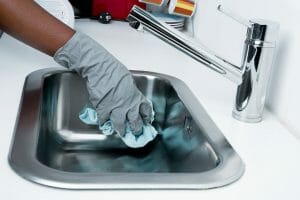
5. Pick up your crumbs, sir!
This could be an extension of throwing away your garbage, but it's important to give this step its own consideration. Some pests are very attracted to the crumbs and spills that happen around your house. This is especially true with ants. They're almost as good at detecting a mess you've made like your mom.6. Seal up your home
How do most pests get inside your home? Through holes, cracks, and gaps, of course. The vast majority of household pests are very small. In order to get into your home, they slip through every little crack and gap they can find. They enter through your walls, around your door and window frames, and by way of your home's foundation. If you want to put a stop to a sizable number of these pests, it's important to keep them from entering your home in the first place. Some especially tiny creatures, such as ants, might be a bit more difficult to stop, but for most, sealing these problem areas will go a long way to preventing pests from getting inside your house. The technique you'll use to accomplish this will depend on the size of the hole. Products such as caulk and expandable spray foam are good for small and medium problems. For larger ones, go with weatherstripping. If you're not sure how to seal these areas, consult an HVAC expert.7. Keep the arachnids out
This seems more like a goal than a tip about pest control at home, but what we're referring to is the attraction of arachnids. Spiders, mites, and ticks are not attracted by discarded food, but by the insects that are brought in because of that food (and other reasons). The fewer bugs that are inside your house, the fewer arachnids that are clamoring to join them.Keep Pests Out of Your Bedroom
When we're asleep in our beds at night, we like to think that we're protected. For the most part, we are. The doors are all locked. Windows are secured. Maybe you even have an alarm that you turn on at night. The precautions we take meaning that we can all have a good night's sleep without too much worry. Unfortunately, household pests aren't the typical intruders that locked doors and alarm systems will stop. While you're dreaming of sugarplums or whatever else, these small creatures are trying to get into every room in your home, including your bedroom. That is why you must focus some of your best home pest control techniques on this specific room. Let's take a look at 3 tips that you can use to keep pests out of your bedroom.
